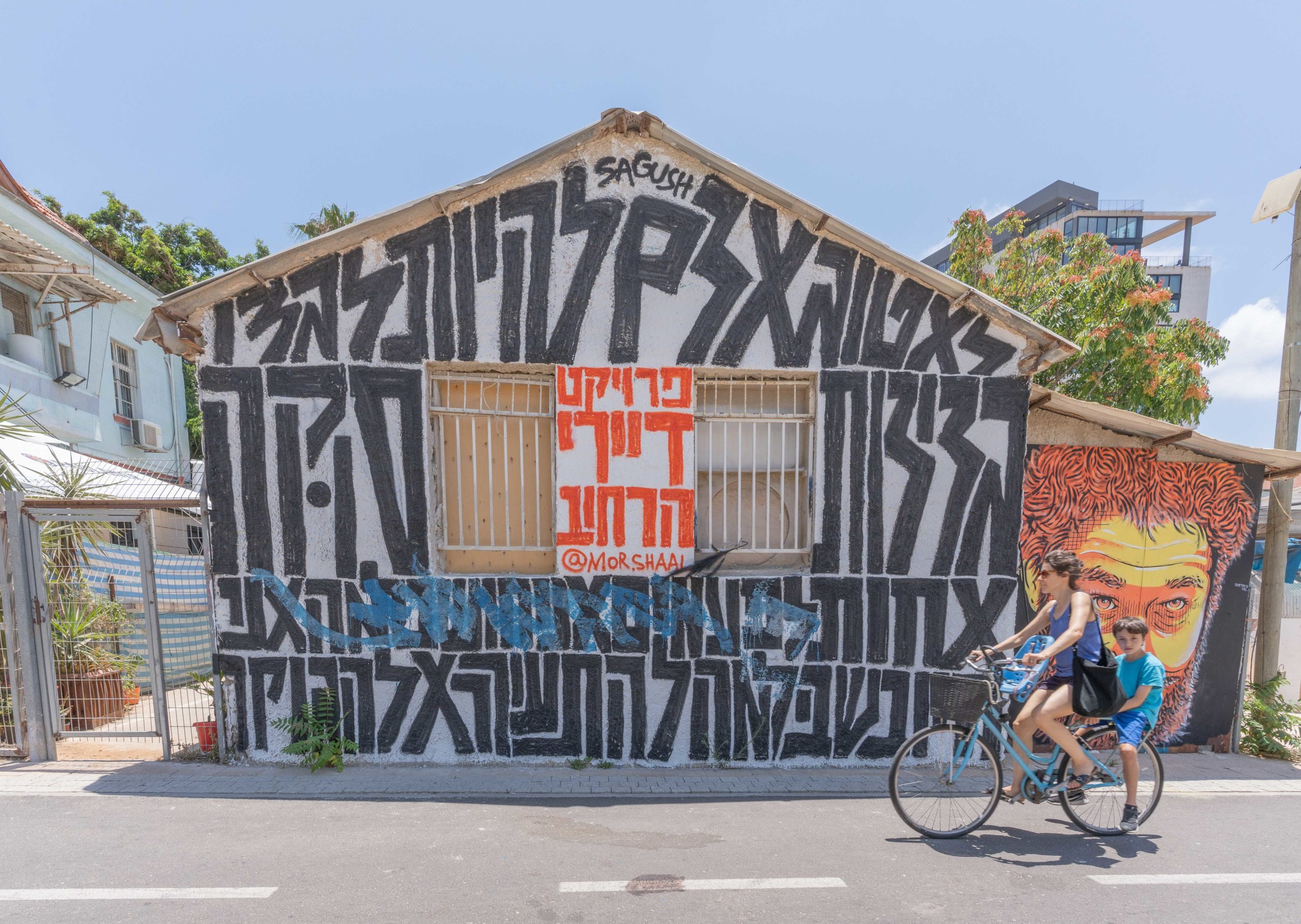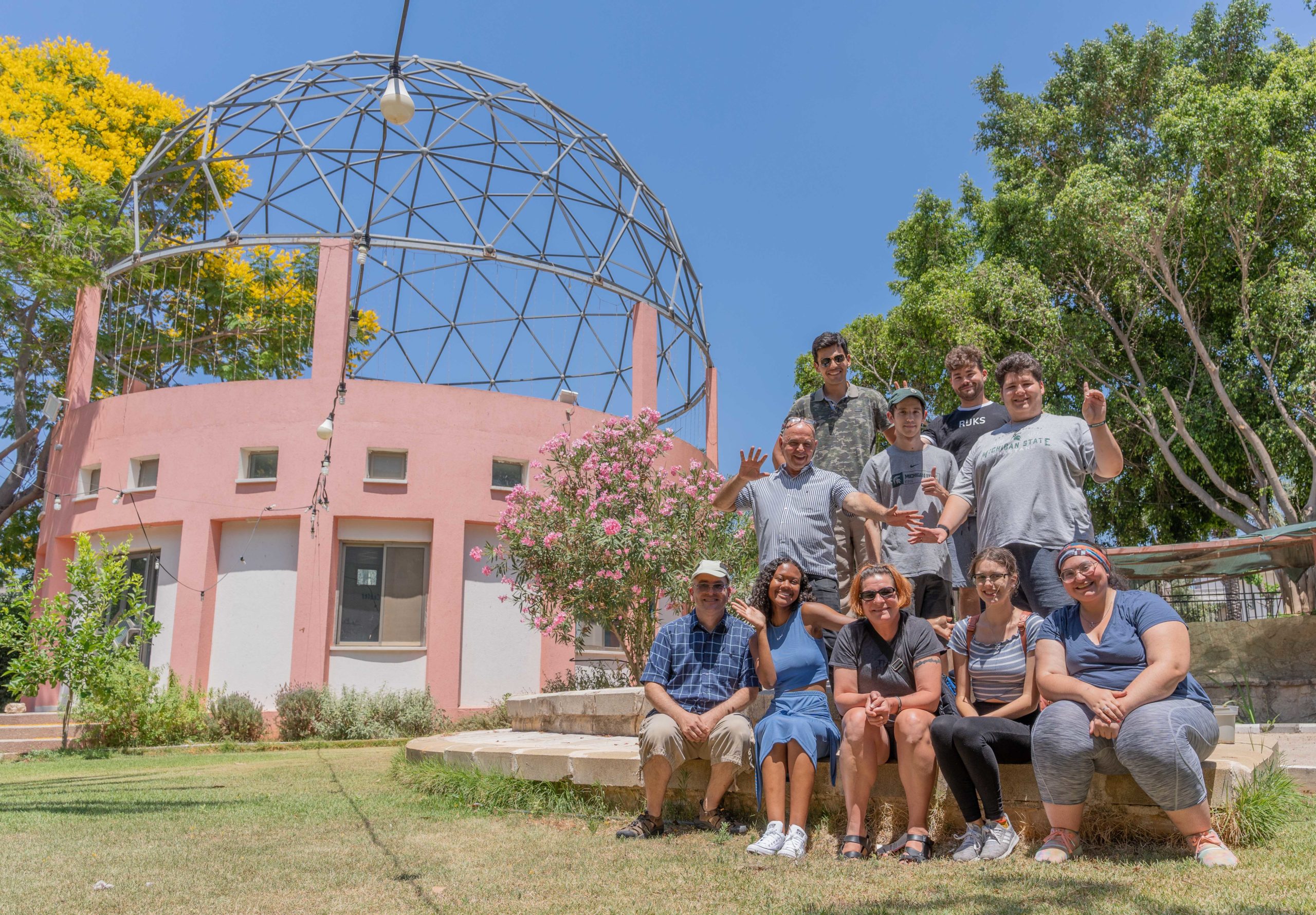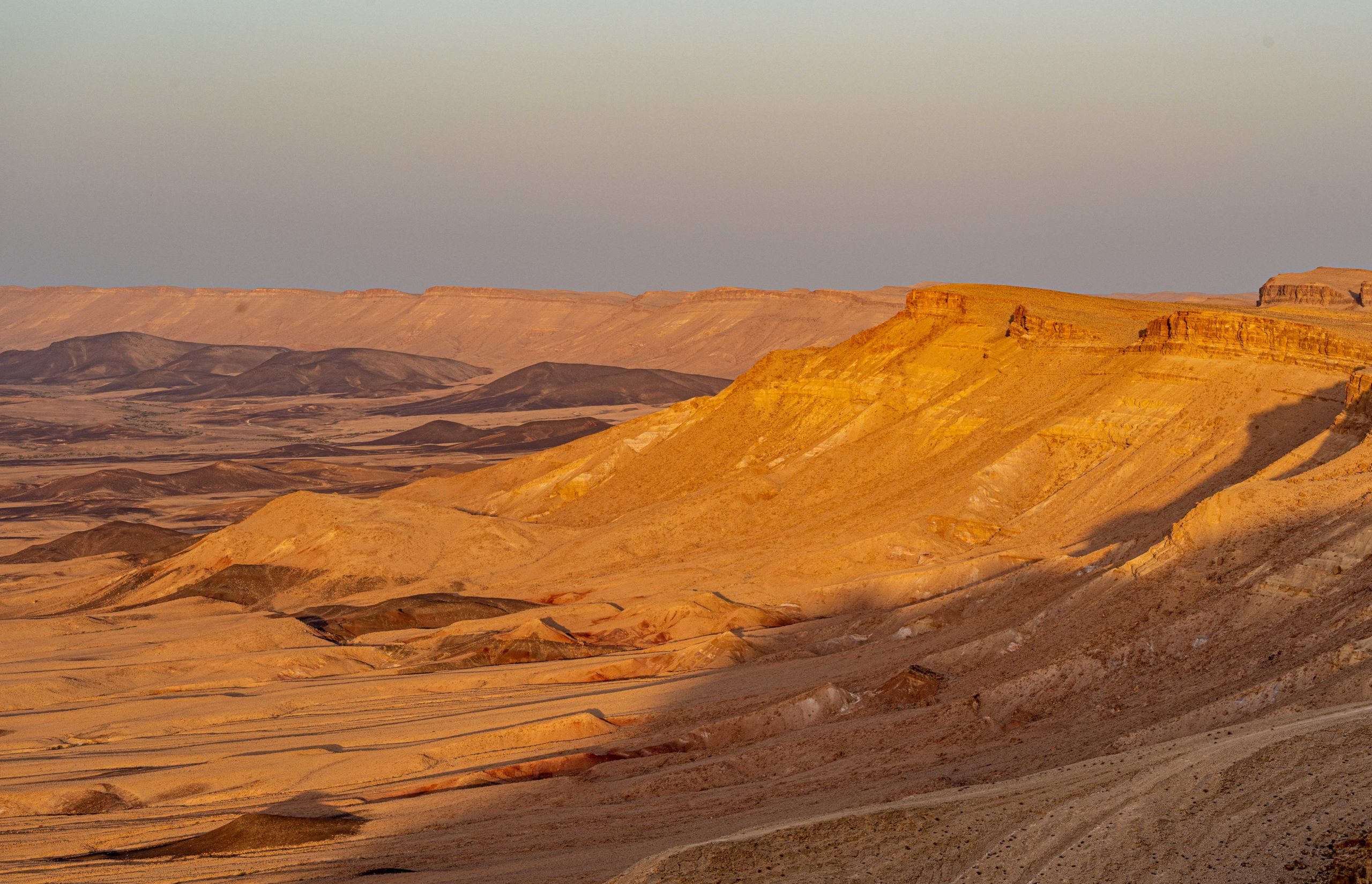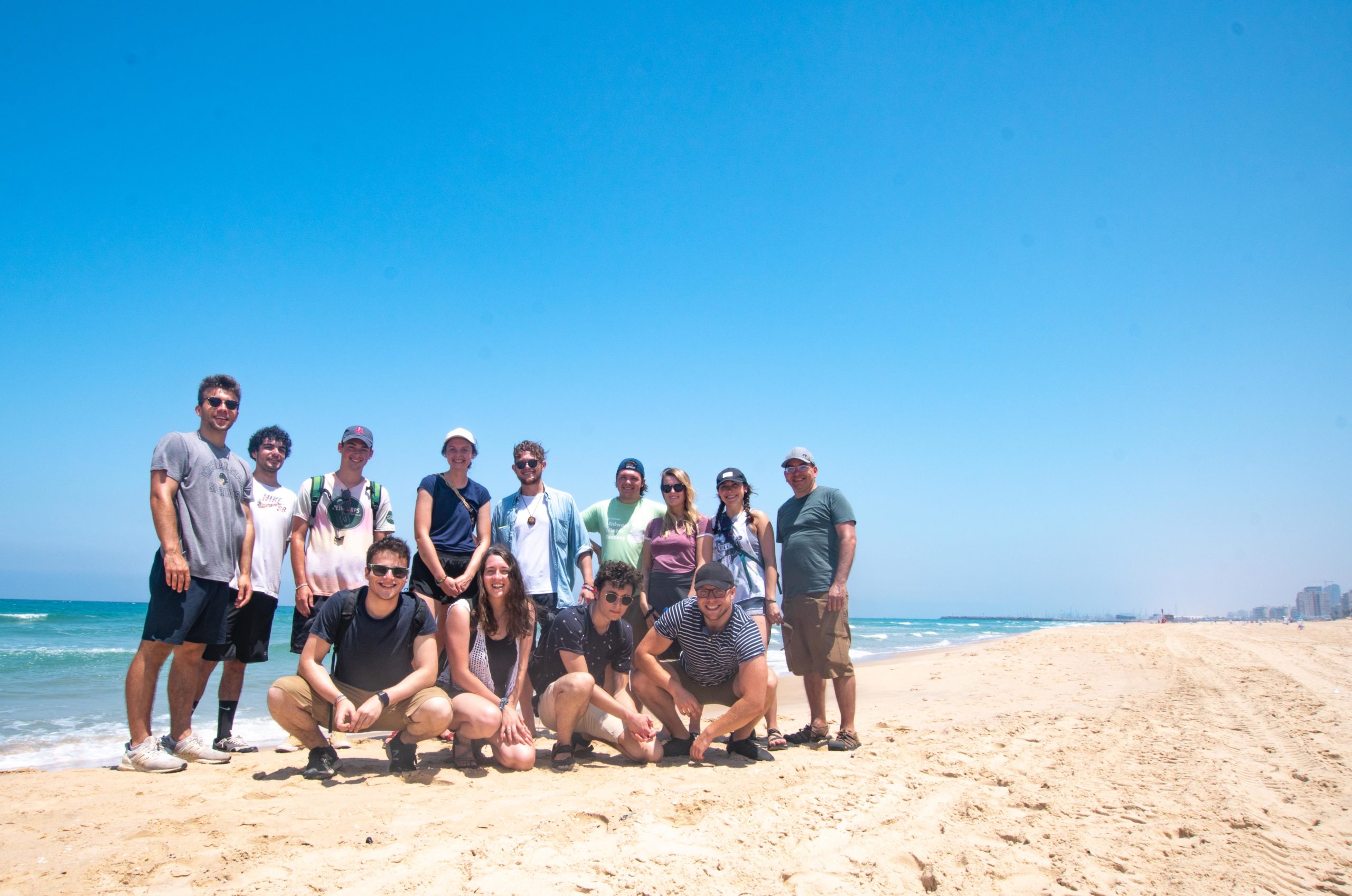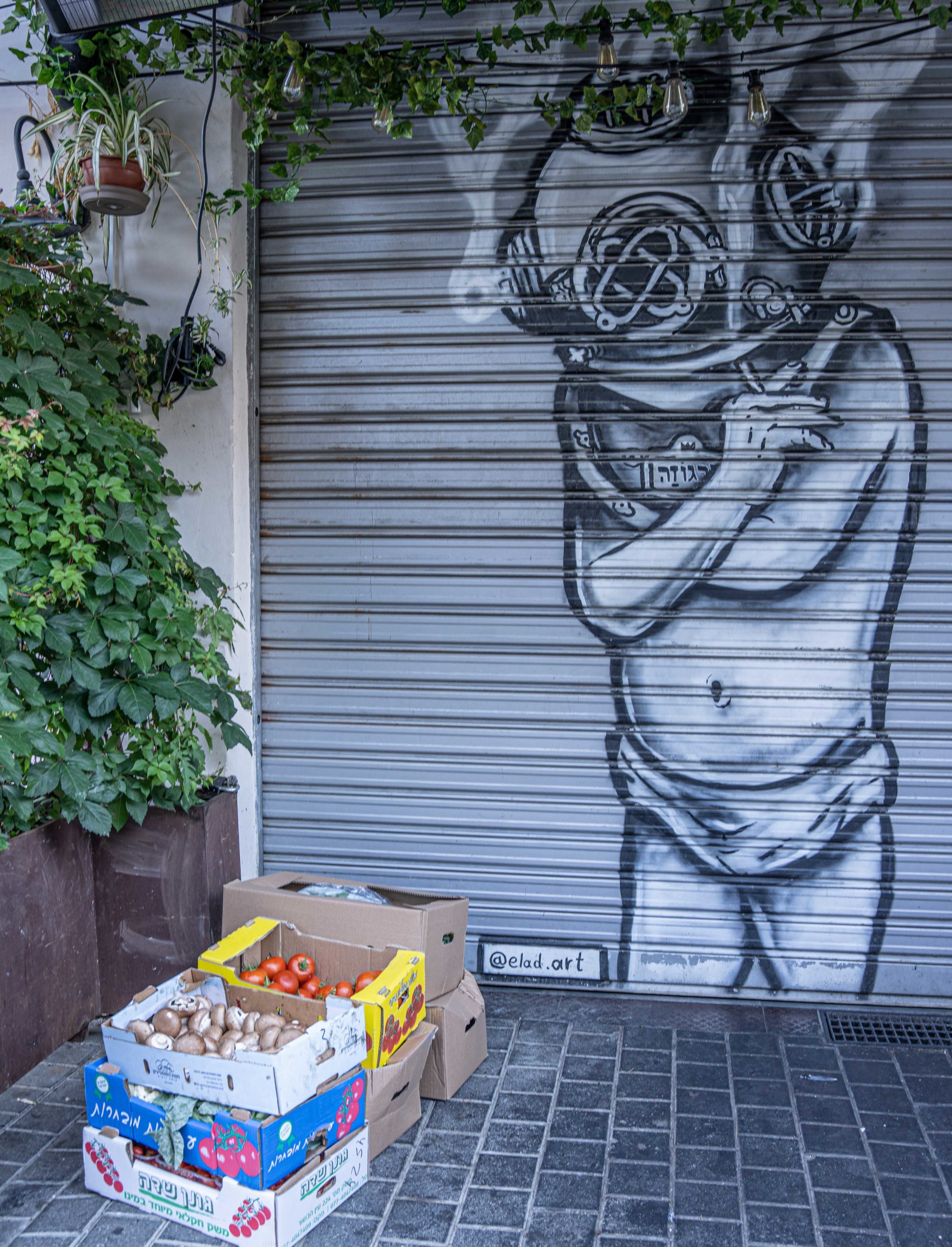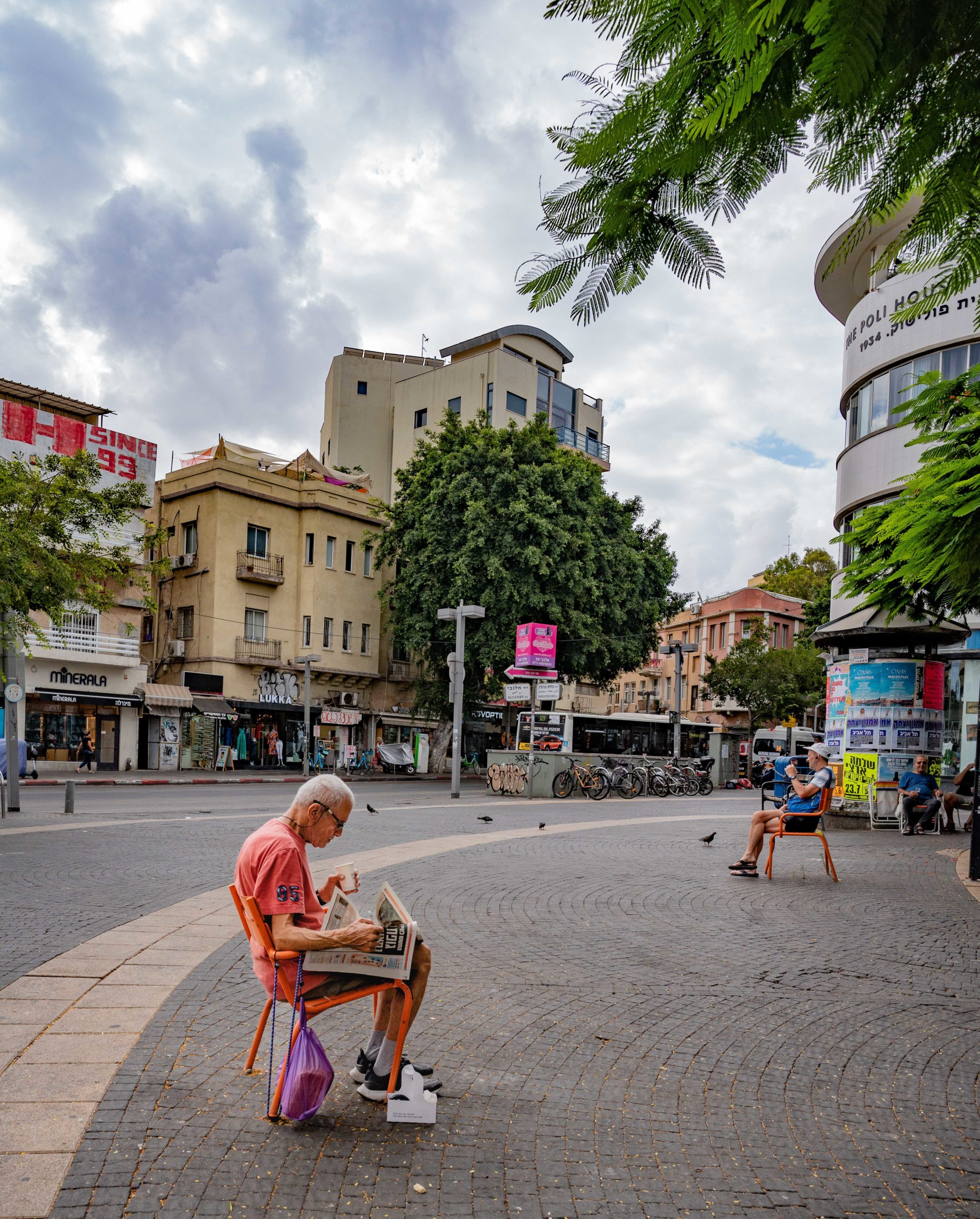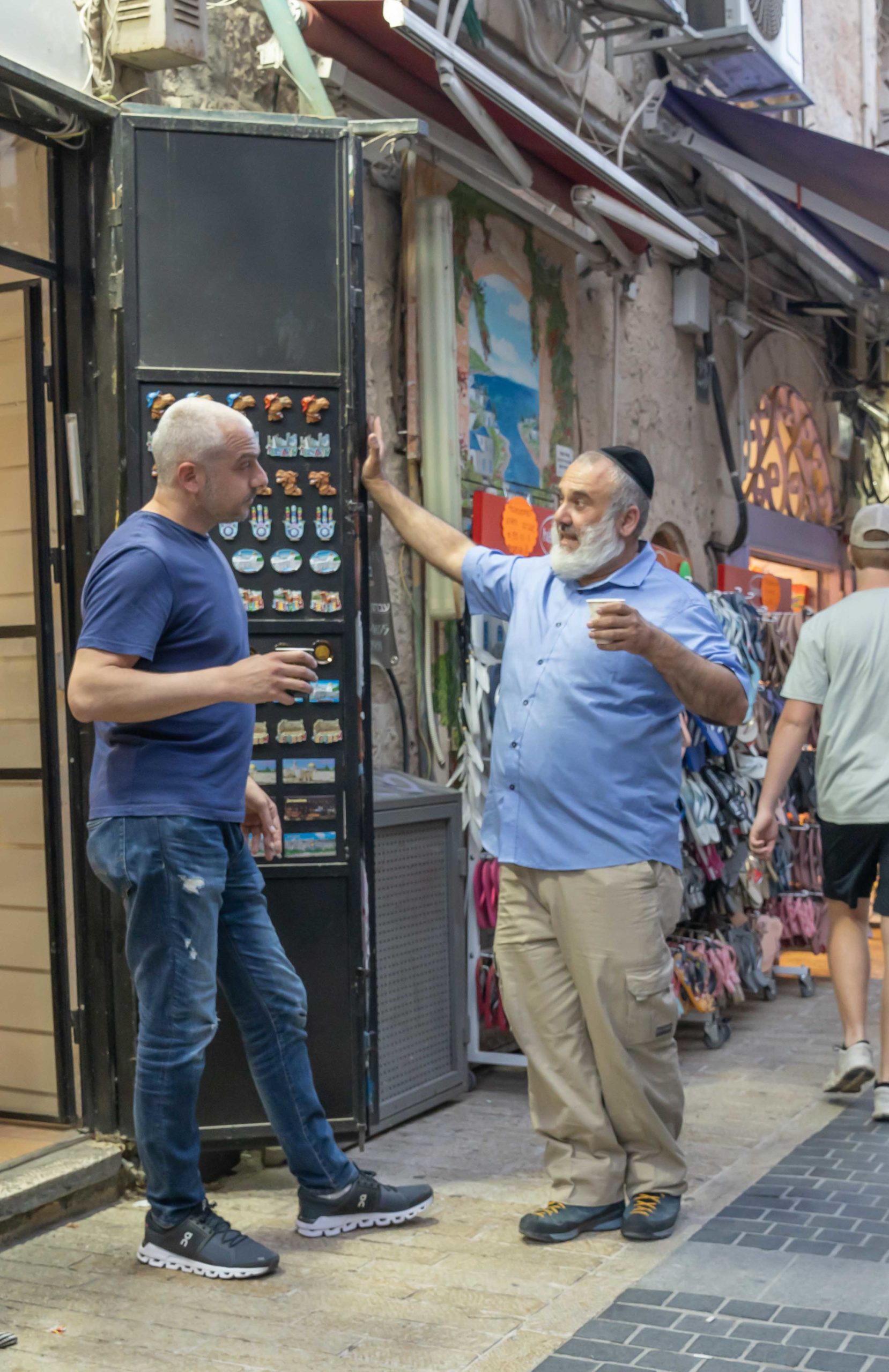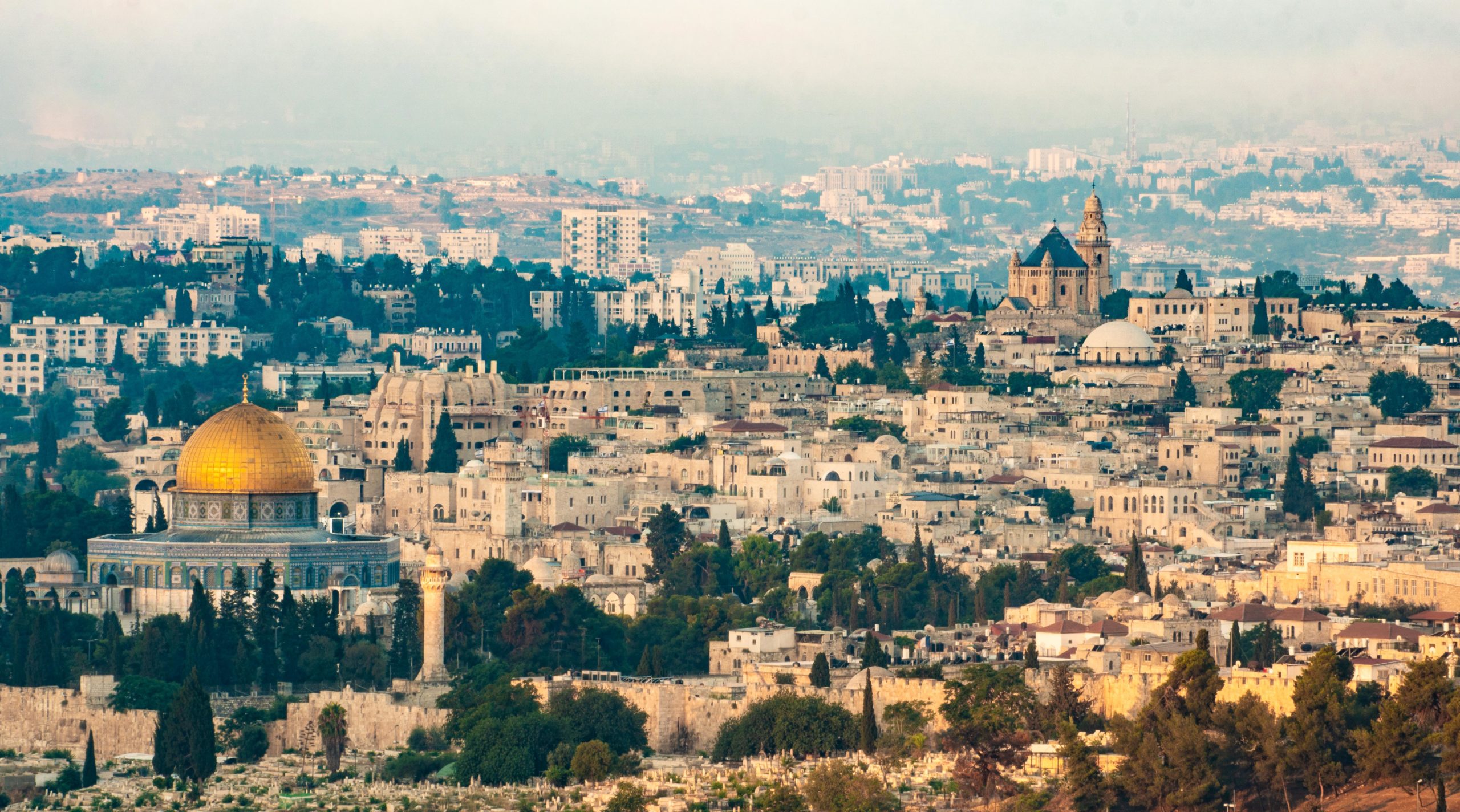Yore Kedem
ykedem@msu.edu
(517) 353-4863
B330 Wells Hall
619 Red Cedar Rd
East Lansing, MI 48824
FacultyLinguistics, Languages, and CulturesJewish Studies
Assistant Professor
Hebrew
Biography
Ph.D., Secondary and Continuing Education, University of Illinois at Urbana Champaign
Yore Kedem is an Assistant Professor of Hebrew in the Department of Linguistics, Languages, and Cultures. His primary research interests are experiential and aesthetic education, with emphasis on application in music, language, and study abroad. At MSU Dr. Kedem teaches all regularly offered Hebrew courses, and offers independent studies in advanced Hebrew. On occasion, he leads the Summer Program at Hebrew University in Jerusalem for the Serling Institute for Jewish Studies and Modern Israel. In 2022 he was awarded the MSU award for Outstanding Service to Education Abroad.
Awards and Honors
MSU Award for Outstanding Service to Education Abroad
Michigan State University
2022
With nearly 15 years in service to education abroad programs, Yore Kedem is driven to set the stage for new perspectives and personal growth—for his students and in their respective communities. Kedem leads the Jewish Studies Summer Program at Hebrew University in Jerusalem, where students are exposed to the full complexity of modern Israel. His commitment to and facilitation of these experiences make him a model recipient of the MSU Award for Outstanding Service to Education Abroad.
Courses
Hebrew 101
Hebrew 101 is the first course in the MSU Modern Hebrew sequence. In this course, you will learn Modern Hebrew from the beginning. You will learn to read and write Hebrew print and script, and accumulate skills in the four areas of language learning: speaking, listening, reading and writing.
Hebrew 102
This is the second course in the MSU Modern Hebrew sequence. In this course, you will continue to develop your knowledge of Modern Hebrew and accumulate skills in the four areas of language learning: speaking, listening, reading, and writing. By the end of the semester, you will learn the four active and reflexive derived verb groups in the present and past tense. You will also know more prepositions and be able to structure complex sentences in speech and in writing. You will also continue to expand your ability to ask questions and operate within the context of the language.
Hebrew 201
The third course in the MSU Hebrew sequence. In this course students increase their ability to read and write, speak and listen in Modern Hebrew. At the end of class students will be able to read and answer questions on adapted texts from Israeli newspapers, and describe videos that they have watched in Hebrew. They learn to use the grammatical subjects covered in reading, writing, speaking and listening contexts, and use their skills in oral and written presentations.
Hebrew 202
The fourth course in the MSU Hebrew sequence. In this course students increase their ability to read and write, speak and listen in Modern Hebrew. At the end of class students will be able to read and answer questions on authentic texts from Israeli newspapers, and describe videos that they have watched in Hebrew. The final project in this class includes finding a newspaper article from an Israeli Hebrew source, summarizing and presenting it in speech and in writing. Students learn to use the grammatical subjects covered in reading, writing, speaking and listening contexts, and use their skills in oral and written presentations.
Cultural Diversity and Immigration in Israel
Immigration, cultural diversity, and inter-cultural relationships present important issues for many countries in the world. Israel, a state which encourages (Jewish) immigration, and therefore is very culturally diverse, is a great site for investigating these issues. Although Israel is the Jewish homeland, 21% of its population are members of the Arab minority, which includes Muslims, Christians, and Druze. Additionally, before its inception, and in the 74 years of its existence, Israel absorbed immigrants from about 70 countries. This diversity is in many ways what gives Israel strength, but also creates pressure cooker where the interaction between the different cultures, nationalities, and religions continue to present the people of Israel with significant issues and problems. In this course, you will learn about cultural diversity and immigration in Israel, and how different educational, social, government, private and non-governmental organizations deal with these issues. We will study the history and politics of cultures in Israel, and experience the work that some of these organizations do.

